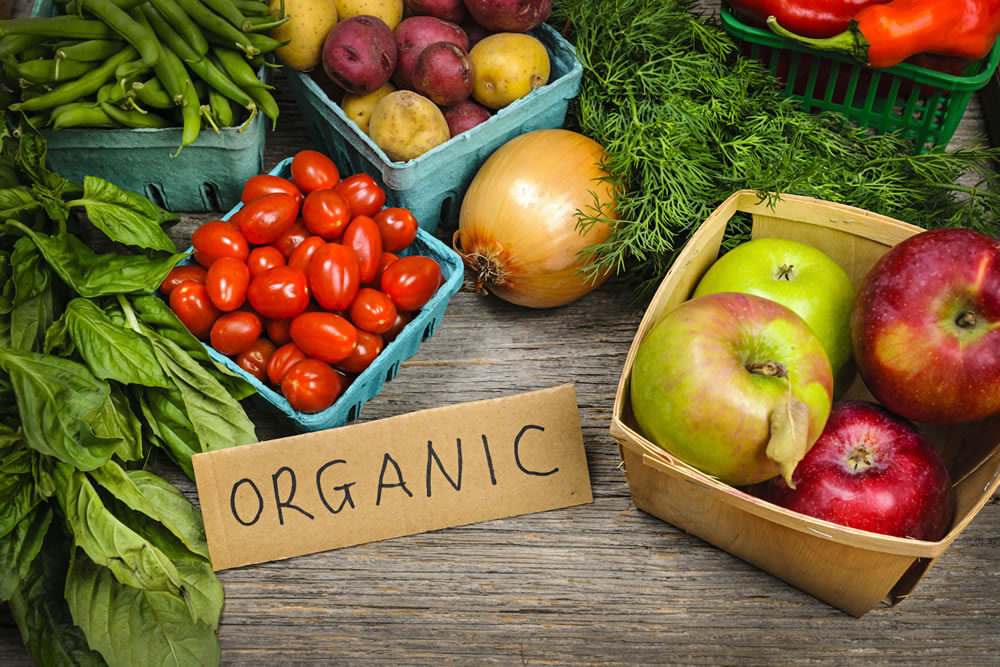The National Organic Standards Board (NOSB) will hold its next meeting April 25-27, 2016 in Washington, D.C. In addition to receiving public comment at the face-to-face meeting in the nations's capital, the NOSB will listen to oral public comments during a premeeting webinar. The webinar, which is part of the April 25-27 meeting, will be held Tuesday, April 19, 2016, from 1:00-4:00 p.m. Eastern.
To provide oral public comments, either at the face-to-face meeting or during the webinar, you must sign up in advance. The deadline to submit comments has passed. However, anyone from the public as well as members of the natural and organic products industry may also listen at these webinars. Transcripts of the call will be available after the webinar. You can access the proceedings as follows: URL: http://www.readytalk.com
On the left side of the screen, enter Participant Access Code: 7202000
The National Organic Standards Board (NOSB) is a federal advisory board made up of qualified volunteers from the organic community. Members include manufacturers, processors, farmers, growers, environmentalists, resource conservationists, consumer and public interest advocates, retailers, scientists and accreditation agents.
Each year, the board meets twice annually to review the current organic regulations which include organic labeling, the organic seal, and the "National List" of allowed and prohibited substances which can and cannot be used in organic agricultural production. The National List also identifies a limited number of non-organic substances which are permissible for processed organic products.
Although in general synthetic substances are not allowed for crop and livestock production, manufacturers and consumers who wish to support 100 percent organic food production, need to carefully review the ingredients and substances allowed to grow and produce certified organic foods and other natural products.
Changes to the National List of allowed substances are reviewed through petition. Anyone can submit a petition to amend the National List which will be reviewed by the NOSB, who then make recommendations to the USDA. Although the NOSB reviews every item on the list every five years through what it calls the Sunset Review (which includes public comments and any new information about the substance and its impact on human health and the environment) non-organic and synthetic substances are still widely present on the allowed list.
Currently, the main reason given for allowing non-organic ingredients in organic foods and products is that there may not be a sufficient quantity of such items in certified organic form. Controversial items on the list are removed by a vote with an ongoing opportunity for public comments.
Simi Summer, Ph.D., is an organic advocate, independent researcher, educator, and freelance writer. She is a strong proponent of organic consumer education and informed consumer choices.
Posted on WholeFoods Magazine, April 19, 2016









